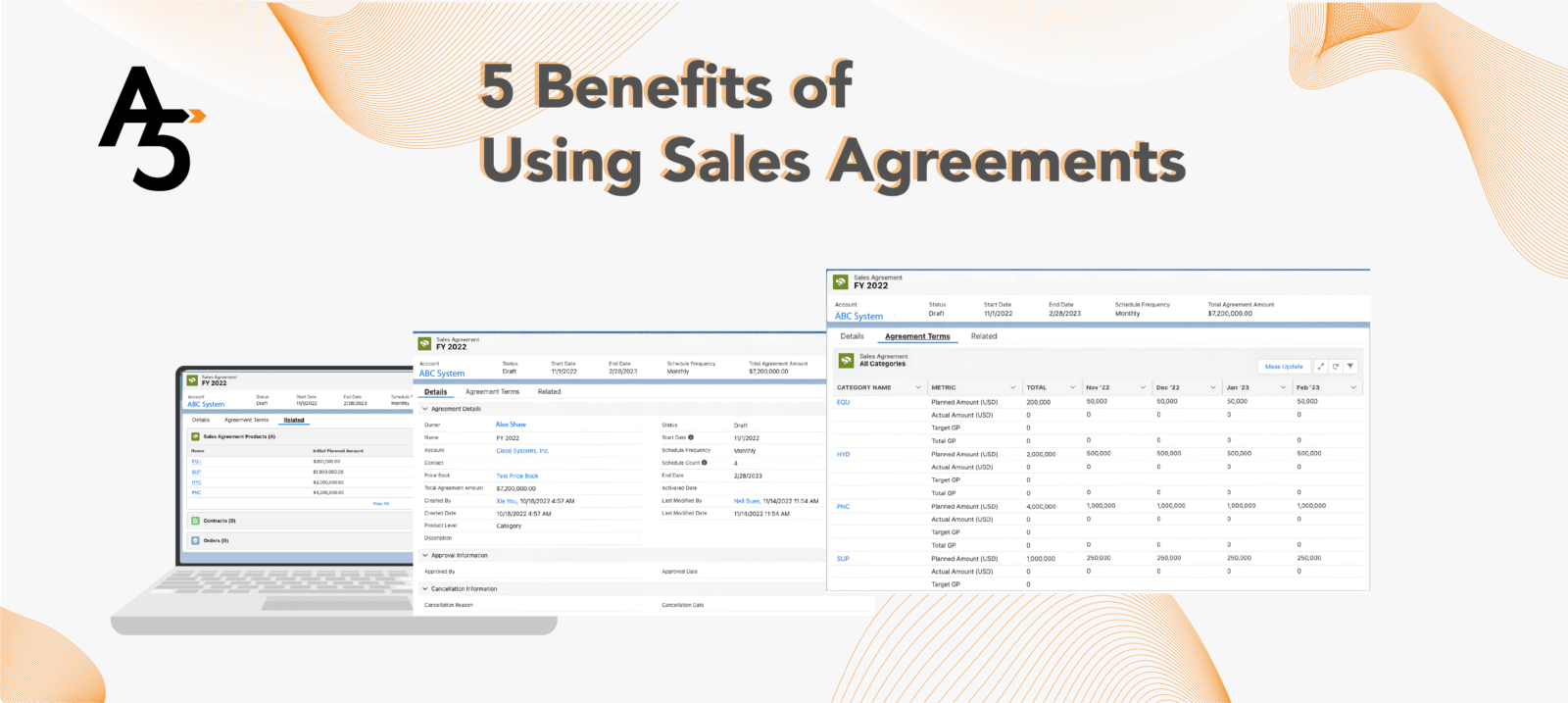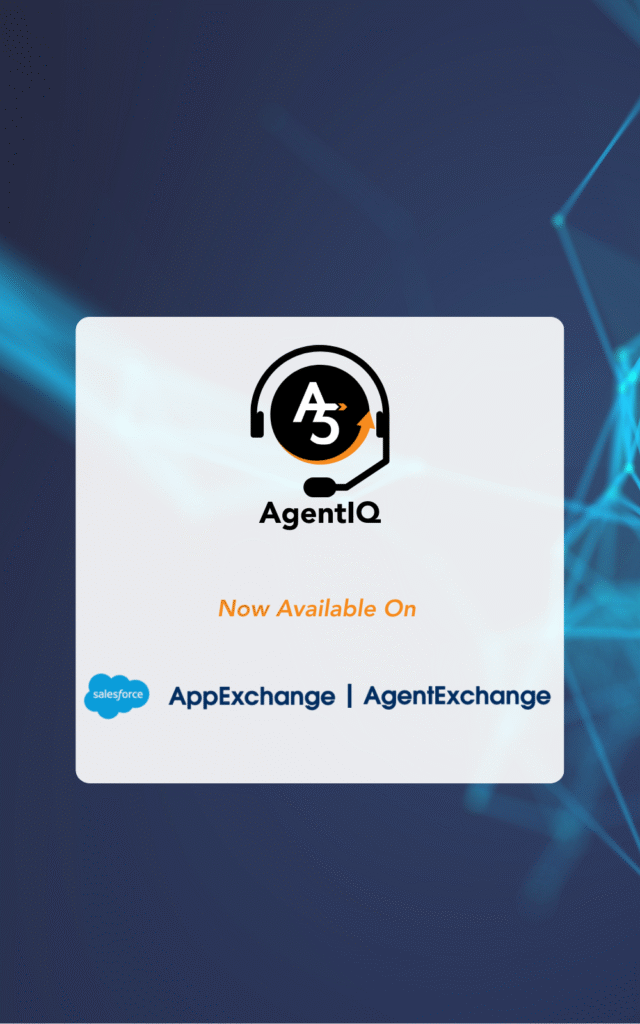Sales Agreements are integral to business operations as they enable you to monitor contract performance and maximize operations making business transactions, profits, and revenue margins more predictable. Benefits of sales agreements are many, but let’s first understand what a sales agreement is all about.
What is a Sales Agreement?
A sales agreement is a contract that ensures delivery of products or services during a specified timeframe, usually in exchange for a discounted payment or preferential delivery terms from the supplier or manufacturer. A standard agreement guarantees that:
- The buyer agrees to purchase a certain amount of goods or services and the seller, in return, agrees to fulfill them.
- The buyer agrees to delivery of goods or services during a specific timeframe, and the seller ensures delivery within that specified time.
- The buyer agrees to pay a certain amount for the requested goods or services, and the seller accepts that price.
- Either party has recourse if the other violates any part of the sales agreement.
Here are some benefits of how sales agreements can boost your business.
1. Track Sales Commitments – Organizations can track long-term commitments with clients, from inception through renewal, by using sales agreements. For example, a leading auto-manufacturing company, ABC company, has committed to buying $5 million worth of auto parts over the next five years. With sales agreement, this can easily be tracked by distributing the total amount over a five year period, either monthly or annually. Later, on your forecast, you can monitor the planned amounts against actual orders. Therefore, adding visibility to your sales pipeline, and predictability to operations.
2. Capture Demand – Orders on the ERP system can be synced directly to Salesforce enabling companies to monitor contract performance tracking orders against sales agreements in real time! Going back to the ABC auto-manufacturing company use case mentioned earlier, since planned demand for their auto parts is captured in the system and spread out over five years, ABC can take further orders from other companies and scale production accordingly, without needing to coordinate with their marketing, sales, or production teams- as everything is synced in their Salesforce CRM.
3. Account-Based Forecasting
With account-based forecasting, sales leaders can have a collaborative demand planning process with customers strategizing and planning their sales pipeline and production. Using sales agreements, you can now capture a holistic forecast with predicted volumes and revenue streams across new and run-rate businesses.
4. Unified And Centralized Forecasts
Another important benefit of sales agreements is the ability to track both account and product performance. With a genuine collaborative approach, product, operations, finance, and sales teams can work together to make the business successful. Above all, you have one single source of truth for all your demand and revenue forecasts.
5. Focus On Customer Experience
One of the essential benefits of a sales agreement is that your teams can focus on customer experience. How? Using a sales agreement, the sales team members can see the actual orders being fulfilled against the sales agreement they won. Through this, they will be able to better manage accounts and offer additional products/upgrades to customers to make their business more successful. Miscommunications will be backstage and customer experience will be optimum as we will be out of the silos and work more collaboratively.
Need help understanding how to create a sales agreement in your existing Salesforce system? Let our experts guide you through.





